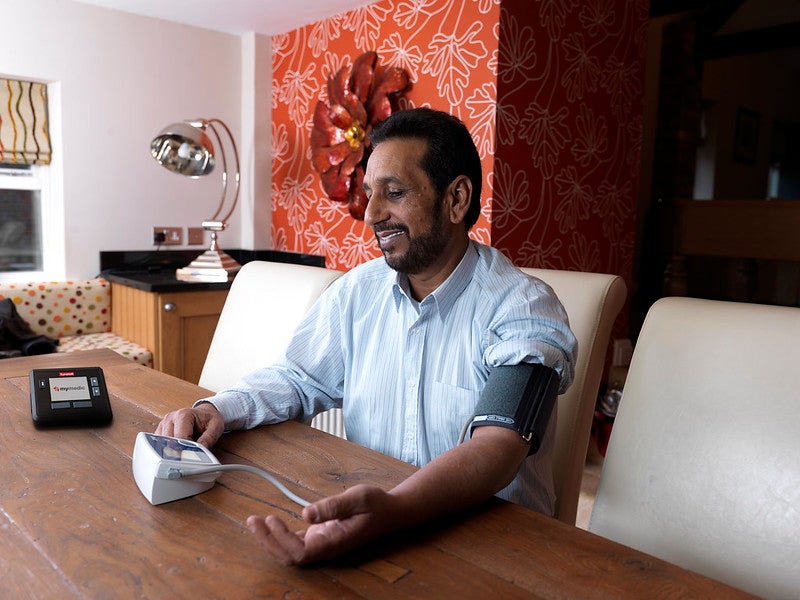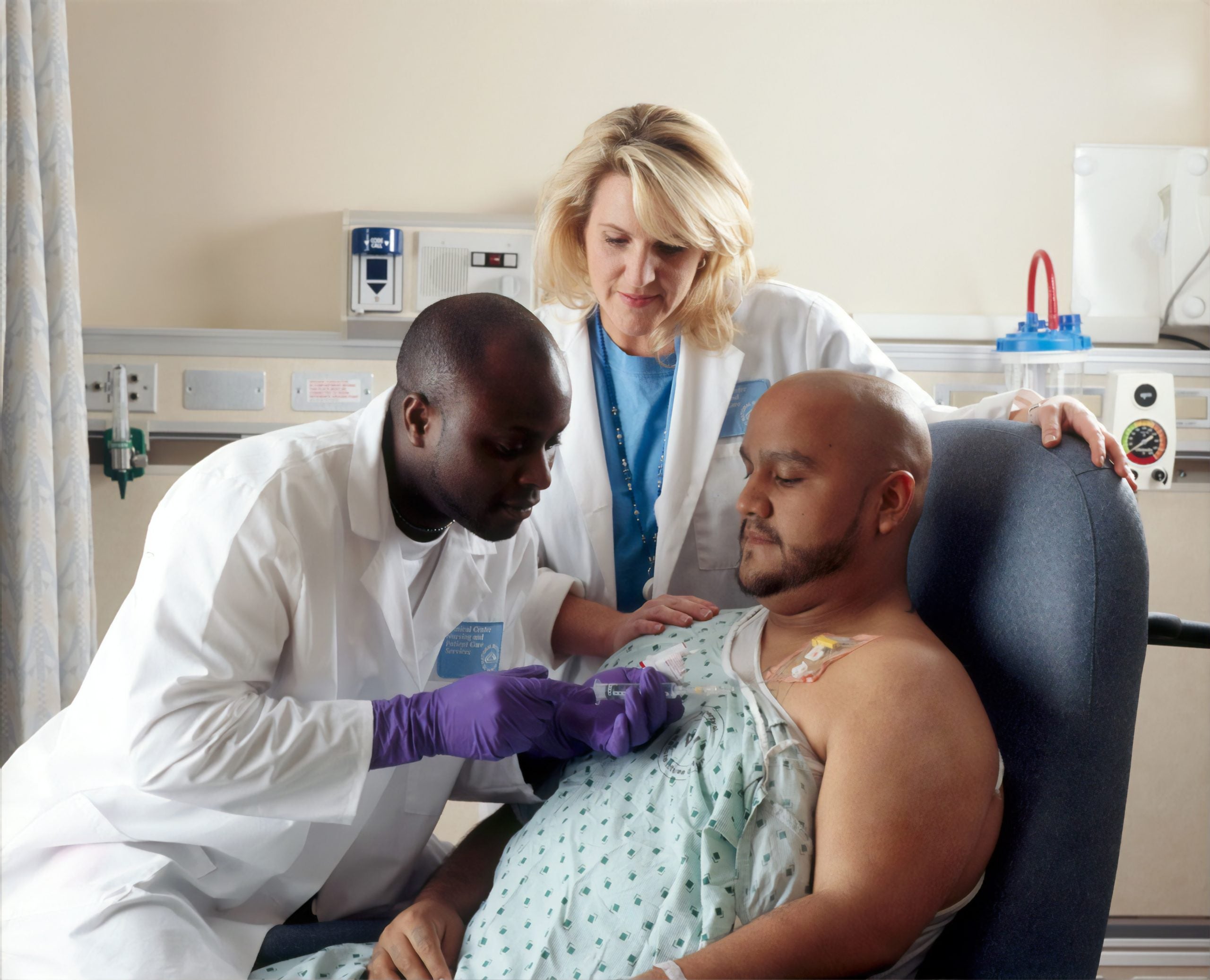Climate change increases the risk of exposure to carcinogens and disrupts access to cancer care. Mitigating climate change will lead to many cancer-related health co-benefits.
In a commentary co-authored by Dr. Aaron Bernstein for CA: A Cancer Journal for Clinicians, he highlights the connections between climate change and cancer and offers solutions to make cancer treatment facilities more resilient and improve cancer outcomes.
Key Takeaways
Climate change increases exposure to carcinogens.
-
- Increased flooding near chemical plants, oil refineries, and Superfund sites can release carcinogens into surrounding communities
- Longer and more frequent wildfires release air pollutants known to cause cancer, such as particulate matter
- Climate change may increase dietary exposure to aflatoxin, a potent carcinogen produced by fungi
Climate change disrupts access to cancer care.
-
- Patients with cancer are especially vulnerable to delays in diagnosis and treatment initiation and disruption to cancer treatments
- A 2019 study found that patients with non–small cell lung cancer were more likely to die if their radiation therapy was interrupted by a hurricane
- In 2018, Hurricane Maria destroyed a factory that produced IV bags, leading to a national shortage, including at many cancer treatment facilities
Interventions can make cancer facilities more resilient and reduce greenhouse gas emissions from cancer care.
-
- Cancer treatment facilities can comply with updated building codes and federal policies on emergency preparedness to become more resilient to flooding and other natural disasters, reducing the risk of treatment disruptions
- Greenhouse gas emissions from cancer care can be reduced by prioritizing energy efficiency, low emission pharmaceuticals, and low emission supply chains
Climate change mitigation creates health co-benefits for cancer patients.
-
- Energy-efficient buildings and hospital systems can reduce greenhouse gas emissions and carcinogenic air pollution
- Public and active transportation can reduce greenhouse gas emissions from transportation, increase physical activity, decrease cancer risk, and improve cancer survival
- Reducing red meat consumption and shifting to plant-based diets can reduce emissions from the agricultural sector and improve health
- Health professionals can advocate for the inclusion of cancer-related health co-benefits in climate policies
Read the commentary in CA: A Cancer Journal for Clinicians.
Authors:
Leticia M. Nogueira, PhD, MPH1, K. Robin Yabroff, PhD1, Aaron Bernstein, MD, MPH2
1Surveillance and Health Services Research, American Cancer Society, Atlanta, Georgia
2Department of Pediatrics, Boston Children’s Hospital, Boston, Massachusetts







